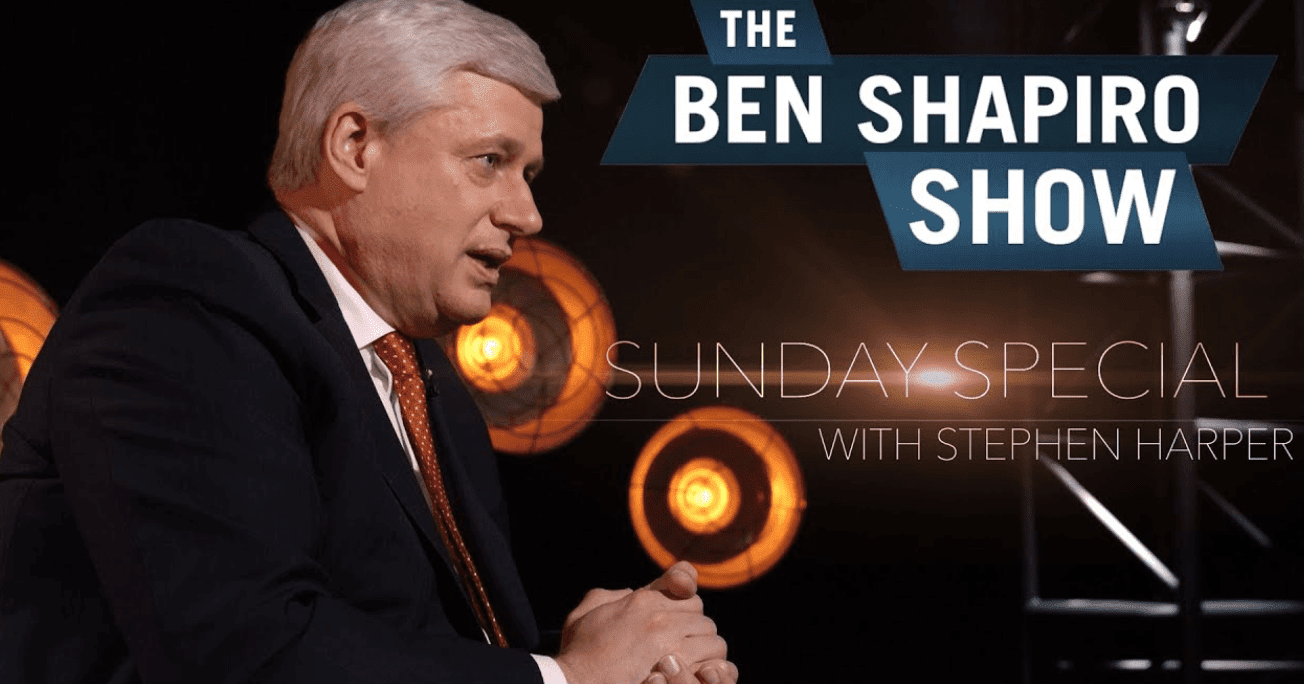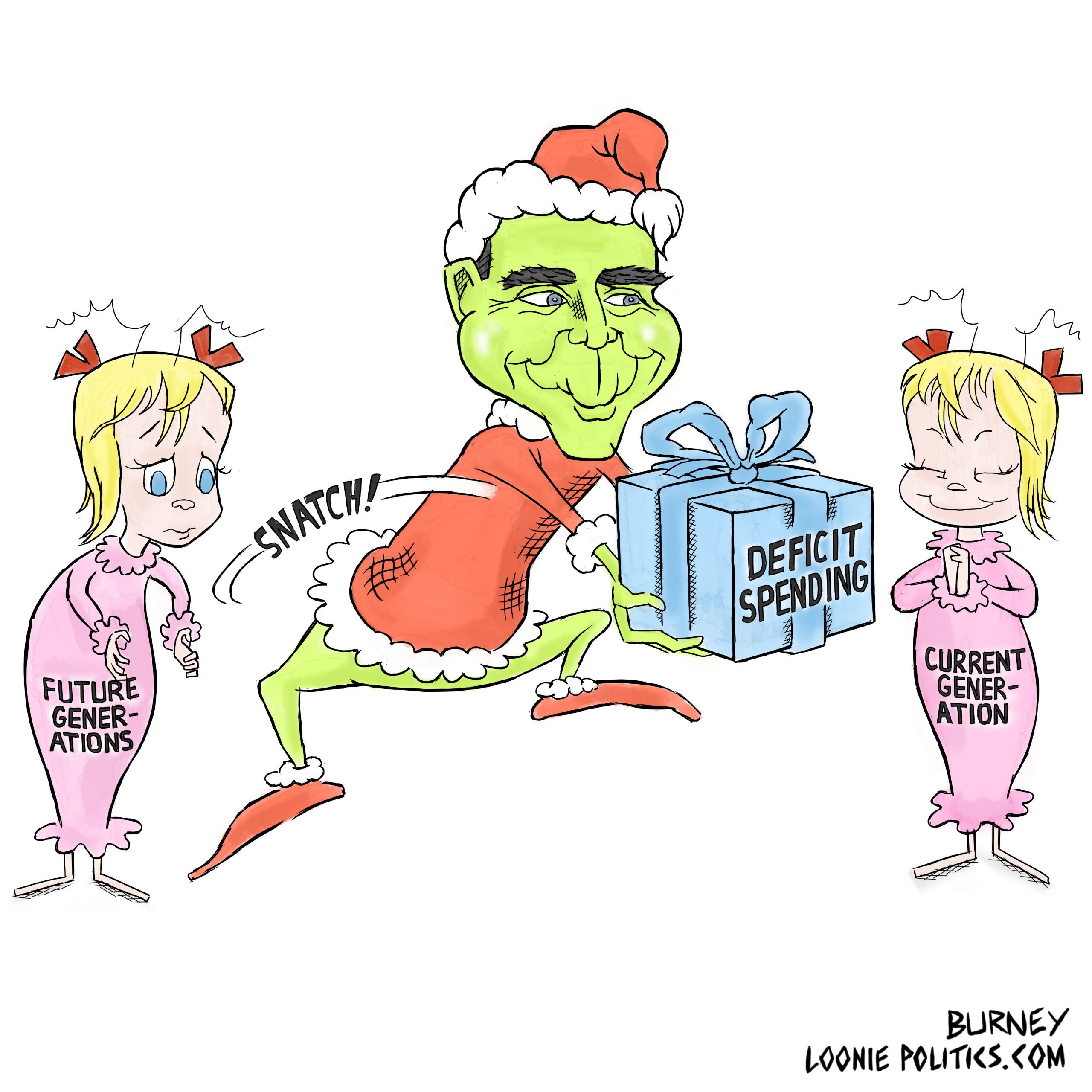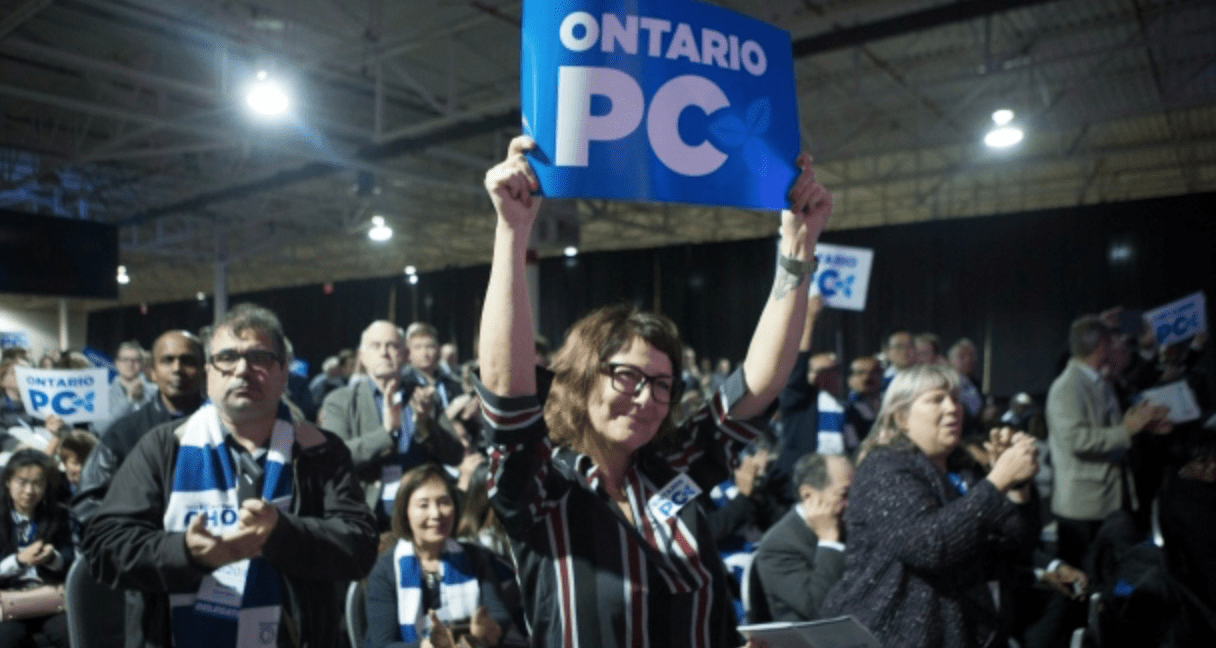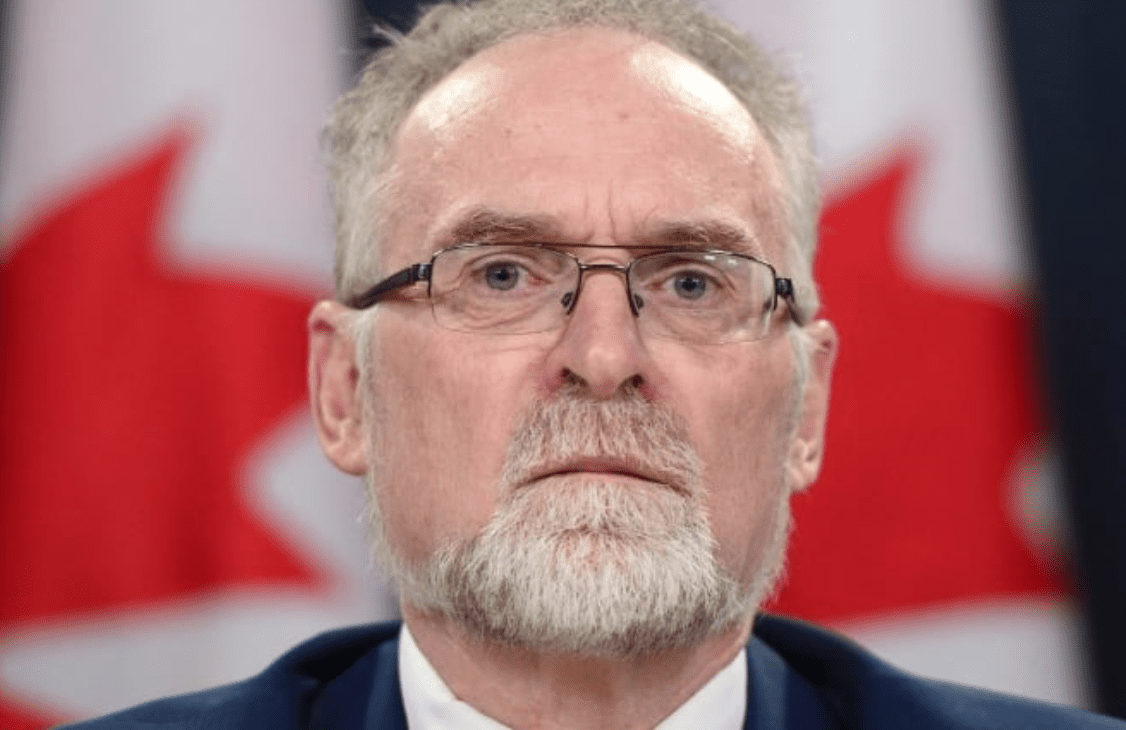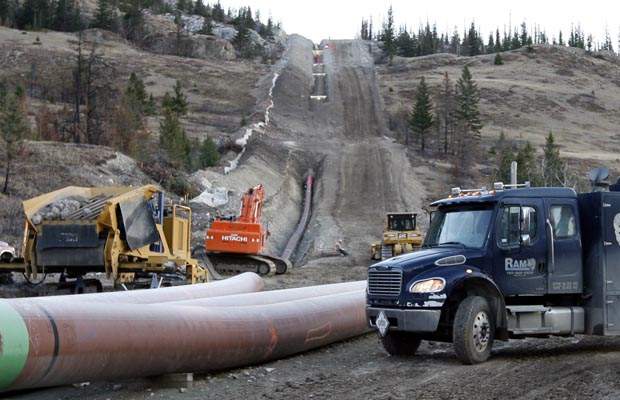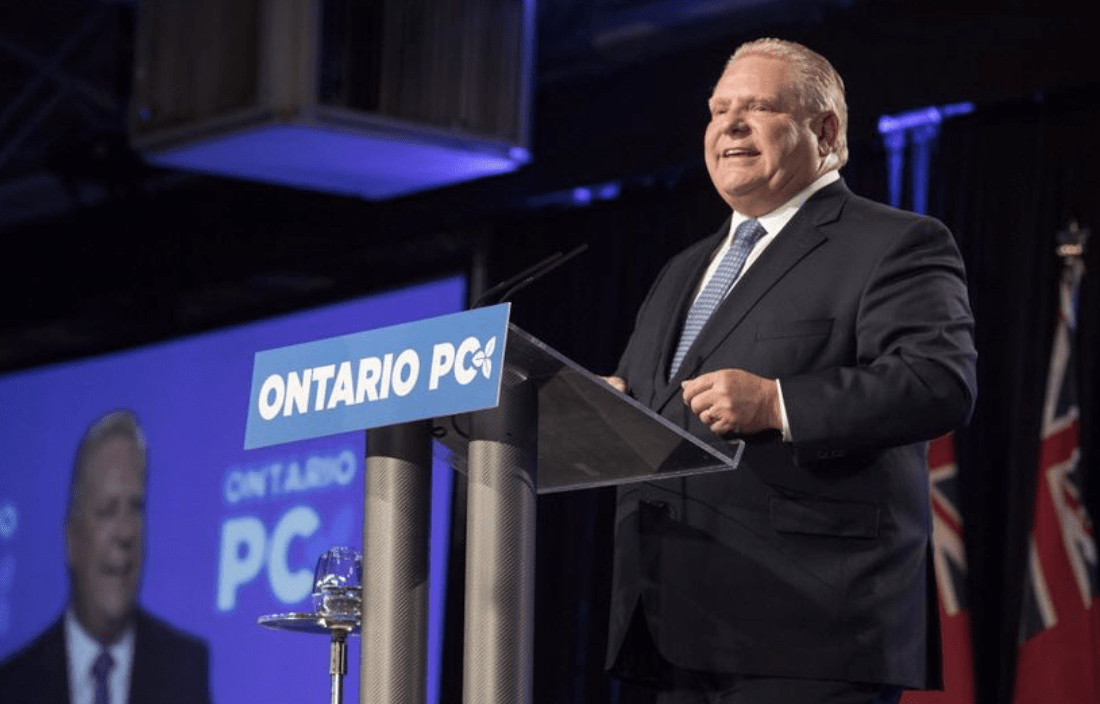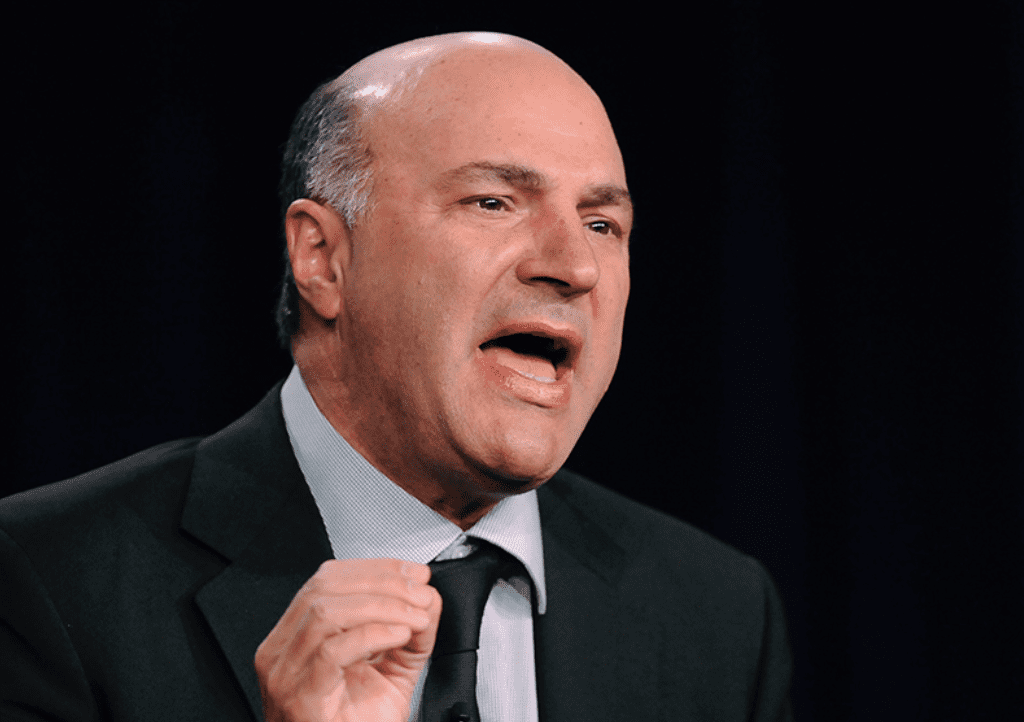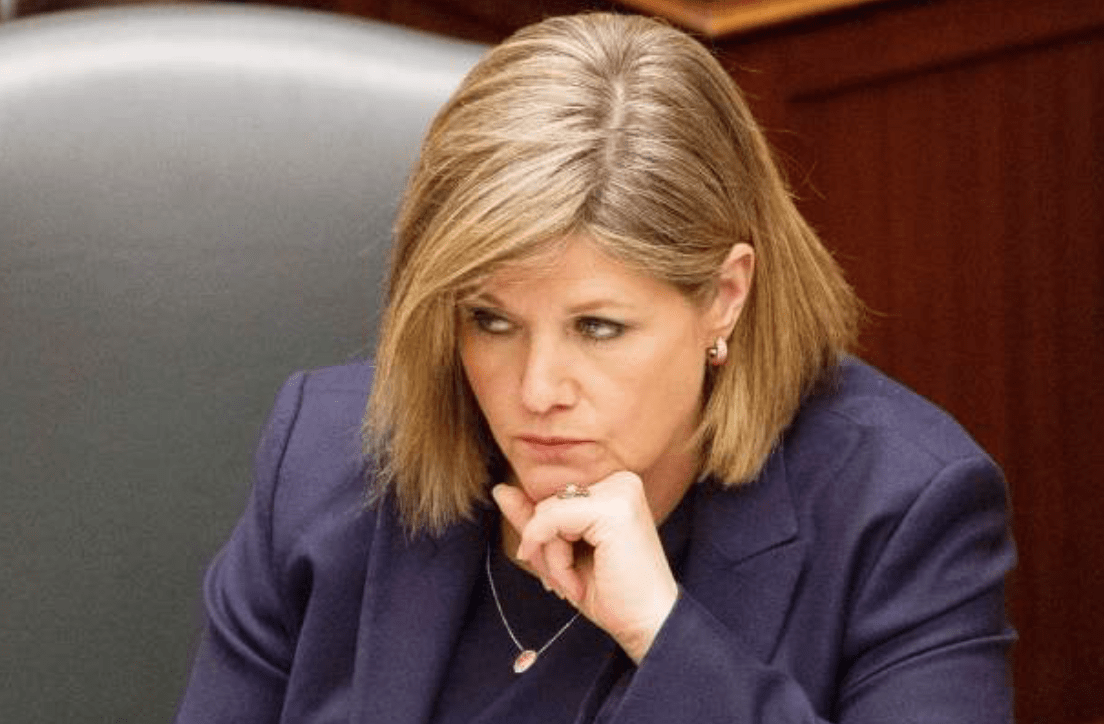When I heard that former Prime Minister Stephen Harper was to appear on Ben Shapiro's Sunday Special this past week, I was surprised and not a little nervous. Did Ben not know that groups like North 99 have been trying to implicate him in the murder of 6 Muslim men in last year's horrific shooting at the Centre Culturel Islamique de Québec, suggesting that he inspired Alexandre Bissonnette to commit the atrocity? Did Harper not realize that this could spell more trouble for CPC Leader Andrew Scheer, who has still not fully extricated himself from the associations some of his staff/former staff had with Rebel Media?
… Oh, hold on. I'm sorry. I haven't done the necessary explainers of who Ben Shapiro is, what the Sunday Special is, what North 99 is, what the Centre Culturel Islamique de Québec is, who Alexandre Bissonette is, and, for some of you, where Quebec City is, what Rebel Media is and who Andrew Scheer is. By the way, Canadian media, we're about due for another round of "Nobody Knows Who Andrew Scheer Is" articles. The last ones came out way back in September!! If we don't have regular coverage of how nobody knows who Scheer is, then Canadians might just be tempted to investigate!
Actually, you're probably not interested in explainers about who those people, places, and things are, are you? No, what you want is wall-to-wall coverage on how Quebec and Ontario are at each other's throats again over… the cancellation of a French-language university?? Sure, why not. It's about as good of a reason as any. But whatever you do, don't read, or attempt to understand, any of the coverage coming from the other side. Not only is it in a whole other language, but it would also mean you'd have to concede that maybe they had a point or two. Toronto Star journalist Robert Benzie sure wasn't going to bother reading La Presse journalist Patrick Lagace's inconvenient reminder about how the English-language press freaked out about Pastagate five years ago, opting to praise his own newspaper for how fair they were being for even deigning to mention the backlash.
What's going on here? Don't "facts matter", "now more than ever"? No, because that's just the narrative about journalism that increasingly obsolete journalists cling to. The facts are that journalism matters less than ever, when you look at circulation, stock prices, advertising revenues, and every other metric available. Nobody wants to read what Rex Murphy has to say; they just want to post links to his articles on Facebook and add "Rex nails it, again" or some other trifling comment. Nobody cared what Peter Mansbridge was saying when he was the lead anchor for the National they just wanted his face on the TV, and now that it isn't, the National ain't what it used to be. But we're still going to keep watching the CBC, because the narrative there is that if we don't, we'll become the 51st state.
These journalists, the politicians, and the people are slaves to the almighty narratives. Narratives like, "Justin Trudeau Isn't Your Typical Politician" and "Doug Ford The Trumpy Populist" and "The Kielburgers and the WE Foundation Are An Unalloyed Force For Good". Facts that contradict these narratives are discarded. Is Trudeau actually a talking-point spouting robot like everyone else with a few skeletons in his closet? Is Doug Ford not really all that populist? Could the Kielburgers possibly be less than perfect? Too bad. The narrative is God, and God help you if you try to contradict the narrative.
These days, all you can hope for is to situate yourself within a workable narrative and sacrifice every principle and scruple in support of it. In the States, you hear about the two narratives and how the country is being ripped apart because of them. But here in Canada, there is only one narrative, the one that is likely promulgated by the CBC. You're going to care about Facebook's impact on the upcoming election because it's on the CBC, and when someone mentions Tides, LeadNow, UNIFOR or any of the other groups that have been impacting elections FOR YEARS, you're going to look at that person as if they're some sort of conspiracy theorist who gets their information from one of those fake news sites.
Photo Credit: Bridgehead
Written by Josh Lieblein



